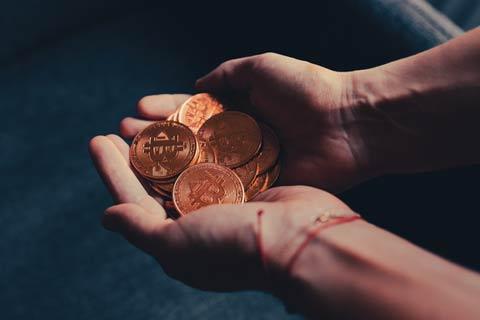When El Salvador announced Bitcoin as a legal currency last year, President Nayib Bukele stated his belief that it would promote investment and development in the Latin American country.
Fast forward 12 months, and his hopes lie in tatters. 2022’s sustained drop in BTC price has had enormous ramifications for the crypto sector, and El Salvador stands on the brink of financial trouble.
Bukele went to the Far East for help, which could also harm him and his country.
The crypto boom and bust
At times, it seemed like the rise of the crypto industry would never stop. The price of Bitcoin, the original and most successful crypto coin, hit $68,000 in November 2021, more than double its amount a few months earlier.
The success of BTC and prominent altcoins like Ethereum and Cardano was reflected in new crypto-friendly activities. Shoppers could buy goods in crypto. At the same time, gamblers could use Bitcoin in online casinos. And friends transfer directly to each other’s crypto wallets. In short, it looked like a new digital world was taking over.
Today, the outlook is different. Of course, you can still carry out the above activities, but crypto trading is off the cards for many people. For several months, Bitcoin’s price has been stuck below $20,000, a third of its peak.
The 2022 crypto crash has been a result of the market correction. Last year, there was a massive surge in demand for cryptocurrencies, which increased prices. It eventually led to a crypto bubble that burst, and prices started to plummet.
It spells bad news for El Salvador. The Central American country now finds itself in deep financial trouble.
At the turn of the year, President Bukele announced how the government would issue Bitcoin-denominated bonds to investors to pay off national debt once BTC hit $100,000 in value. In contrast, today’s low weight means that the country’s investment of $107m on 2,381 bitcoin is now worth around $40m.
In short, there are no bonds.
By January 2023, the country must pay almost $700m for a Eurobond amortization, which is increasingly unlikely to be fulfilled. Rating agencies have announced a downgrade in the country’s credit rating, inflation has risen, and a recession looms.
The government has already dipped into its reserves to cover the financial black hole: if it gets much worse, it might be forced to abandon the US dollar, not to mention Bitcoin.
Yet, there is one potential silver lining, at least according to Bukele’s government. A free trade agreement with China.
What the Free Trade Agreement looks like
Two important things happened for the El Salvador economy on November 11th, 2022.
First, major crypto exchange FTX went bust, taking approximately 130 affiliated companies. The move shook the crypto world to the core and could have enormous ramifications for Bitcoin.
Yet on the same day, El Salvador announced a trade agreement with China, in which the Asian country would buy $21 billion of El Salvador’s debt as part of the deal.
However, the arrangement comes with stipulations. First, it would require El Salvador to completely alter its foreign policy from a western-focused perspective to one closer to Russia, China, and Turkey.
Second, the cost implications of the financing would be huge. China stands to make a lot of money from helping El Salvador out of its predicament via long-term commercial and strategic benefits for Chinese companies.
However, both factors may be a price worth paying if it helps El Salvador stave off financial disaster.
The end of Bitcoin as a currency?
If there’s one thing that this current crisis tells us, other nations will be able to adopt cryptocurrencies as official tender soon. However, the Central African Republic did become the second nation to do so in July.
The main reason why it’s unlikely ever to succeed as one, according to financial experts, is that it’s a speculative asset. The coin has no intrinsic value, which means it cannot be used as a store of bargain or for any other practical use. As such, they say, it’s still being determined whether it will ever become a widely used currency.
Countries like India and, ironically, China have moved in the opposite direction to El Salvador and banned it outright.
With more trouble on the horizon for crypto, many more nations will follow suit.
